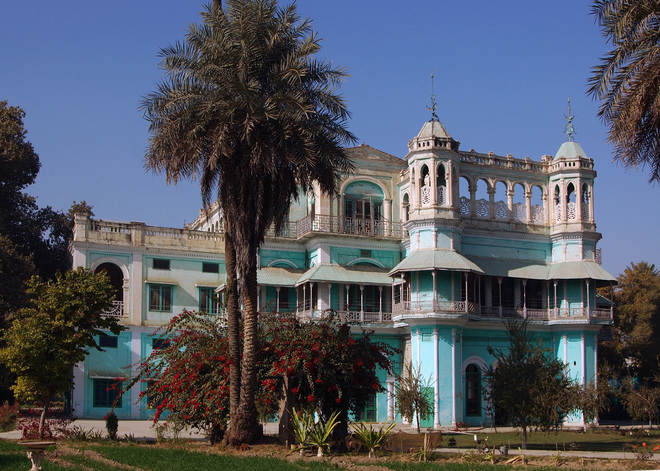Latest News
SC: Status Quo on Maharaja Harinder Singh's Property

The Supreme Court recently order status quo on the property of Maharaja Harinder Singh situated in Faridkot, Punjab. The double bench of Justice Uday Umesh Lalit and Justice Vineet Saran issued notices to respondents, including the younger daughter of this royal family Amrit Kaur.
This Faridkot royal property is spread over 14 acres which was constructed in 1885, and is worth over Rs. 20000 crore. Maharaja Harinder Singh Brar, the last ruler of Faridkot estate, married Narinder Kaur. The royal couple had three daughters Amrit Kaur, Deepinder Kaur and Maheepinder Kaur, and a son, Harmohinder Singh. The son died in a road accident in 1981 and daughter Maheepinder Kaur died as spinster.
The dispute arose soon after Maharajas’ death that left behind a will in which he had bequeathed his properties to Maharwal Khewaji Trust, which is managed by the elder daughter, Deepinder Kaur.
Amrit Kaur had challenged the will in the court where the Chandigarh district court declared the will which had entitled Maharwal Khewaji Trust as caretaker, illegal and void and granted the inheritance to both the living daughters.
Soon after this order by Chandigarh, the Punjab and Haryana High Court, in June this year, upheld the judgment passed by the district court. Although Kanwar Manjit Singh, who is the brother of the last ruler, argued before the High Court the applicability of the Rule of Primogeniture, and said that since he was the last male surviving member of the royal family he should be inherited with the properties, on which the High Court held that the rule ceased to exist on account of merger of Faridkot state with India.
A petition was filed in the Supreme Court by the Maharwal Khewaji Trust after the High Court declared their right in the property as void and illegal, on which the Supreme Court directed that all parties to maintain status quo with regard to the property involved.
Further the apex court directed Maharwal Khewaji Trust to file statements of accounts for the past five years before the next date of hearing. The bench also directed that the respondents were at a liberty to file affidavits in reply by September 28 and rejoinder, if any, to be filled by October 3. The court further extended the date of hearing on 6th October 2020.
Document:



































































































